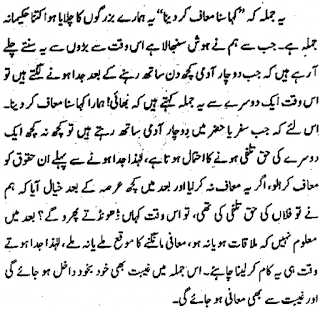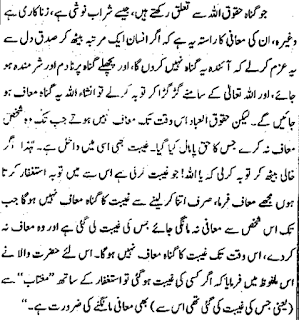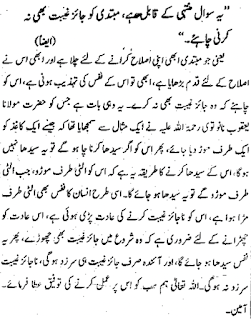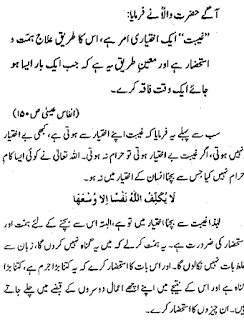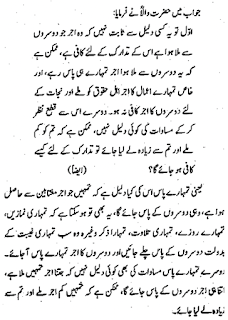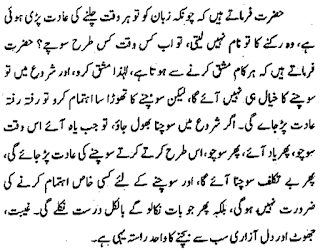FOLLOWING NEW CONTENT ON THIS PAGE
Assalam Alaikum Wa Rahmatullah Having posted the same content on Facebook, this Google blog, Twitter and WhatsApp, the scribe has learnt that most people follow this content on the other three media, and hardly anyone on Google Blogger. Therefore, from now on the scribe will stop posting on this blog. Those who wish to follow the new content can do so on Facebook https://www.facebook.com/groups/1827355620834976 Twitter https://twitter.com/SyedAhmerNZ or by joining the WhatsApp group 'ISLAM SAYS' by clicking this link https://chat.whatsapp.com/GC6q8A1ezfcCMlrdKQCiD9 Wassalam and Jazak Allah Khair



